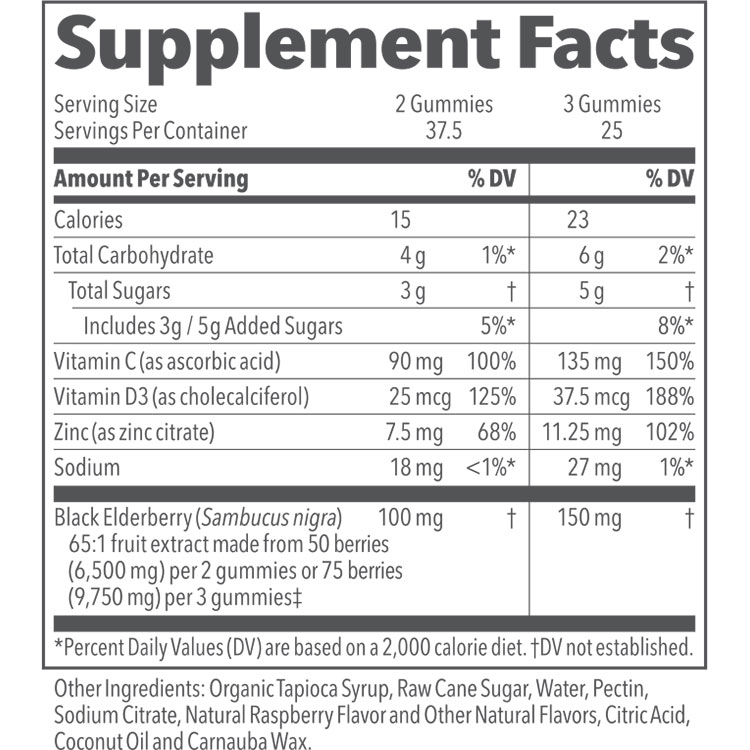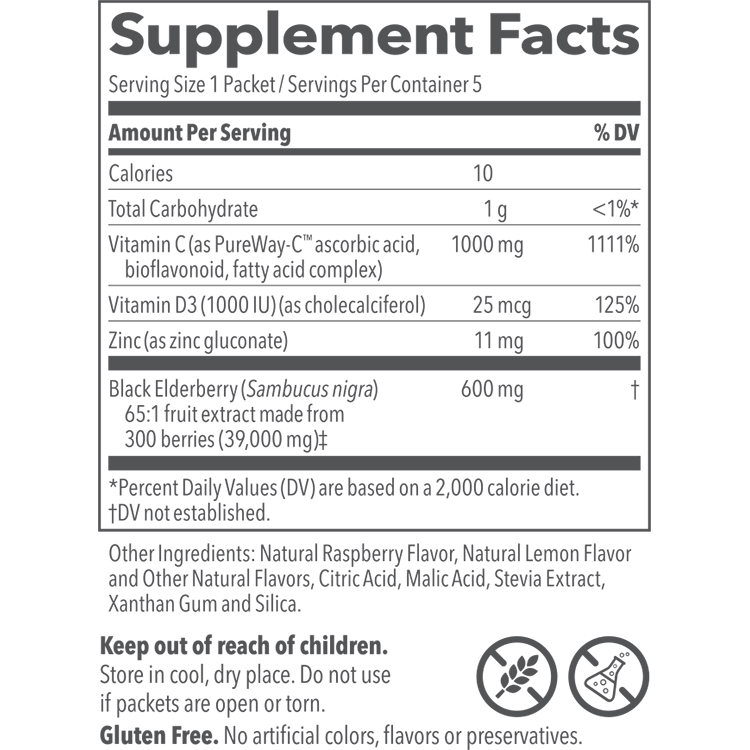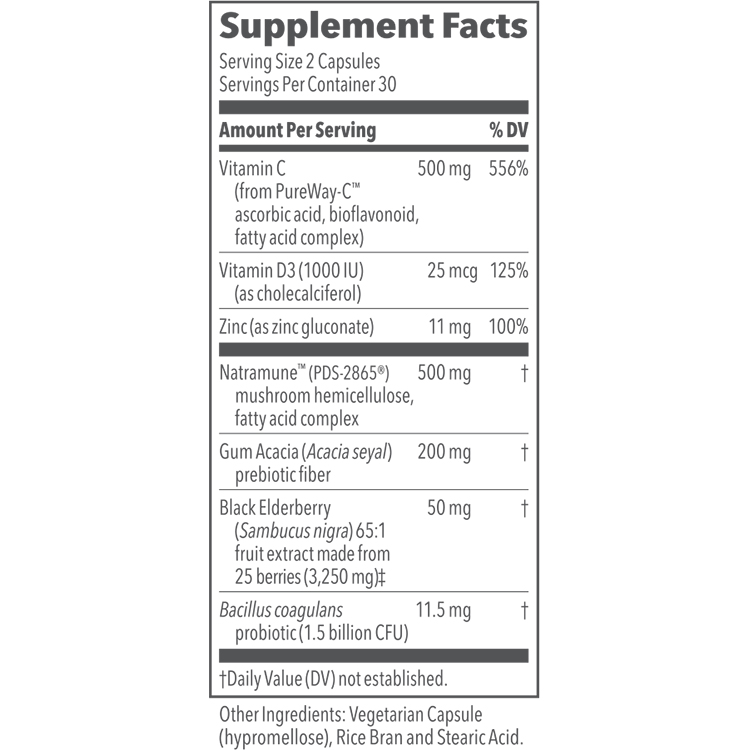Studies in Men with Enlarged Prostates:
To-date, most of the clinical trials investigating the effect of phytosterols (plant sterols) on the prostate have focused on a specific phytosterol known as β-sitosterol. Current systematic reviews and meta-analysis addressing this topic have identified 4 randomized, double-blinded, controlled trials including a total of 519 men with enlarged prostates (aka benign prostatic hyperplasia) (1,2,3). Three of these trials compared treatment with non-glucosidic β-sitosterols from South African star grass to treatment with placebo. They administered between 30 and 120 mg of supplement a day for 4 to 26 weeks (4,5,6). The remaining trial used 100% purified β-sitosteryl-β-D-glucoside from the same plant (7).
Even though one of the non-glucosidic β-sitosterol trials did not measure urinary symptom scores (IPSS), the two that did, both reported significant urinary symptom score reductions in the β-sitosterol group relative to placebo. The combined weighted mean difference in urinary symptom score compared to placebo indicated a 35% improvement. These trials also reported statistically significant improvements in peak urine flow and residual urine volume in the β-sitosterol groups relative to the placebo groups (1,3,4,5,6). The β-sitosteryl-β-D-glucoside trial, however, showed no significant differences in urinary symptom scores or urinary flow rates between the β-sitosteryl-β-D-glucoside and the placebo group (1,3,7).
Taken together, the evidence from these studies suggest that non-glucosidic β-sitosterol extracts may improve urologic symptoms and flow measures in patients with benign prostatic hyperplasia. The evidence also suggests that β-sitosteryl-β-D-glucoside probably does not alleviate enlarged prostate symptoms any better than placebo. It should be noted, however, that evidence for these conclusions is limited to very few, short-duration, ‘low-powered’ trials. More research is needed to confirm or refute these conclusions (1,2,3). Additional research is also needed to determine whether preparations of β-sitosterol from different plants and/or whether β-sitosterol in combination with other ingredients has similar effects.
REFERENCES
- Wilt TJ, Ishani A, Rutks I, MacDonald R. Phytotherapy for benign prostatic hyperplasia. Pub Health Nutr. 2000;3(4A):459-472. doi:10.1017/S1368980000000549.
- McNicholas T and Kirby R. Benign prostatic hyperplasia and male lower urinary tract symptoms (LUTS). BMJ Clin Evid. 2011;1801.
- Wilt TJ, Ishani A, MacDonald R, Stark G, Mulrow CD, Lau J. Beta-sitosterols for benign prostatic hyperplasia. Cochran Database of Syst Rev. 2000;(2). doi:10.1002/14651858.CD001043.
- Berges RR, Windeler J, Trampish HJ, Senge TH. Randomised, placebo-controlled, double-blind clinical trial of β-sitosterol in patients with benign prostatic hyperplasia. Lancet. 1995;345(8964):1529-1232. doi:10.1016/S0140-6736(95)91085-9.
- Fischer A, Jurincic-Winkler CD, Kippel KF. Conservative treatment of benign prostatic hyperplasia with high-dosage β-sitosterol (65 mg) – results of a placebo-controlled double-blind study. Uroscop. 1993;1:12-20.
- Klippel KF, Hiltl DM, Schipp B. A multicentric, placebo controlled, double-blind clinical trial of beta-sitosterol (phytosterol) for the treatment of benign prostatic hyperplasia. B J Urol. 1997;80(3):427-432.
- Kadow C and Abrams PH. A double-blind trial of the effect of beta-sitosteryl glucoside (WA184) in the treatment of benign prostatic hyperplasia. Eur Urol. 1986;12(3):187-189.




